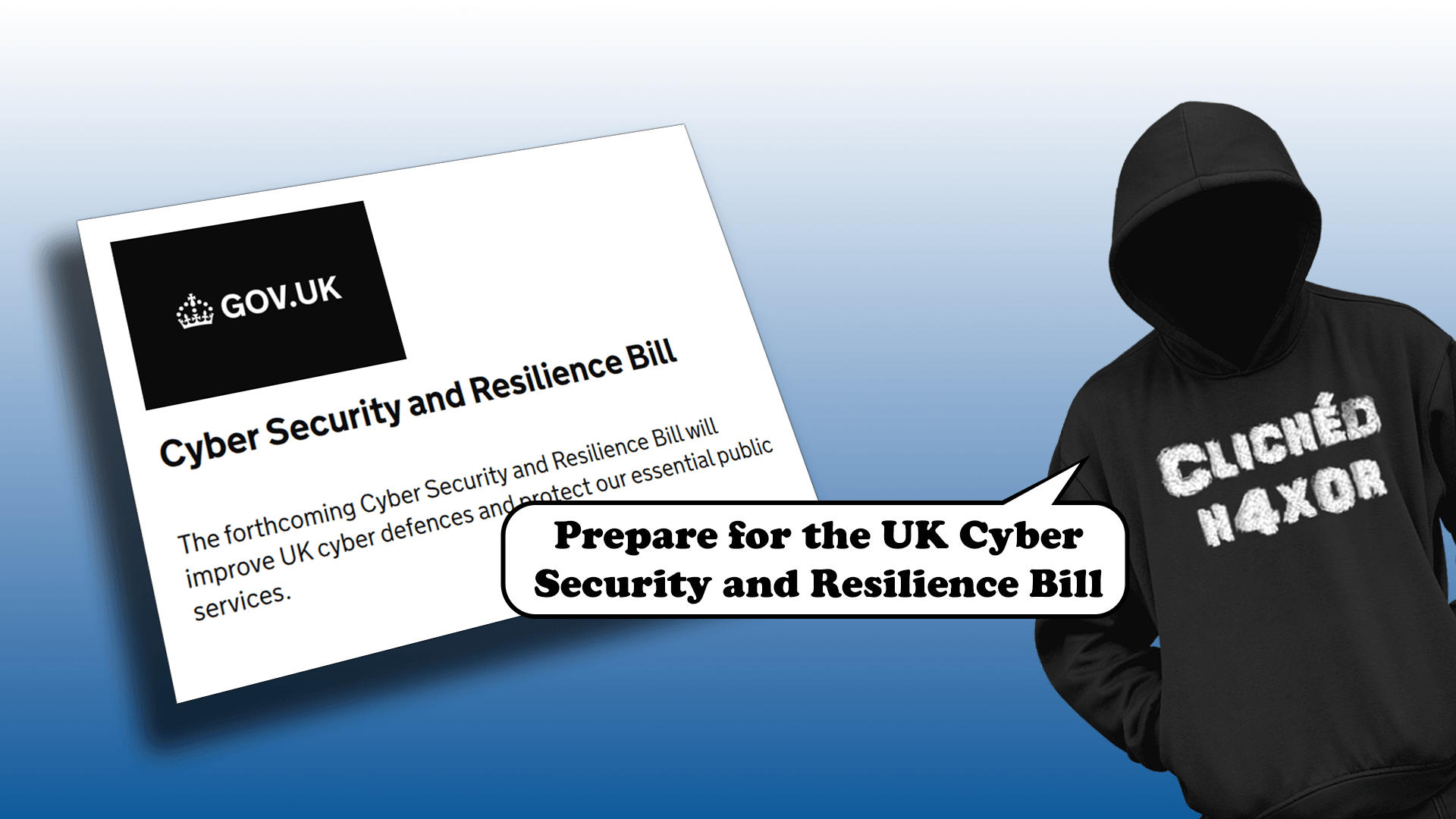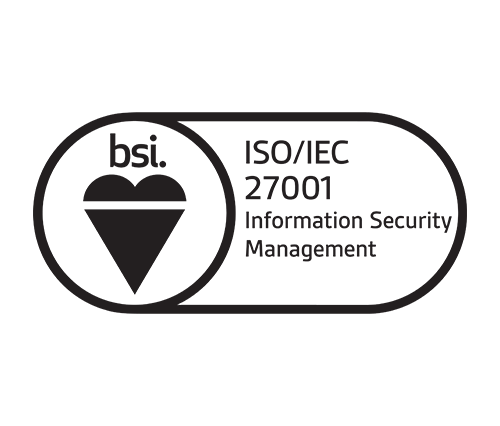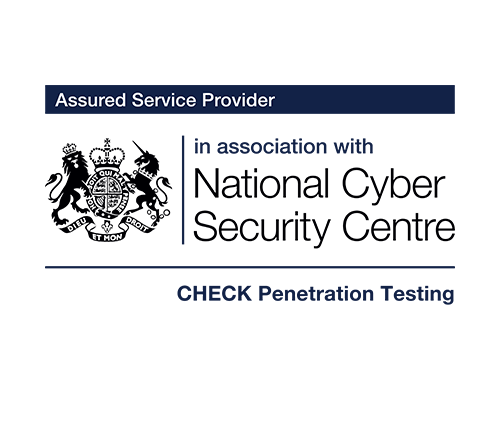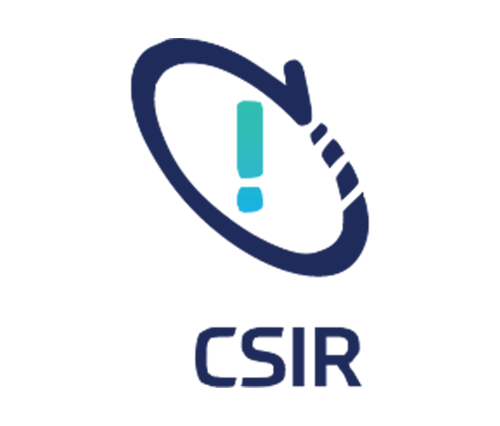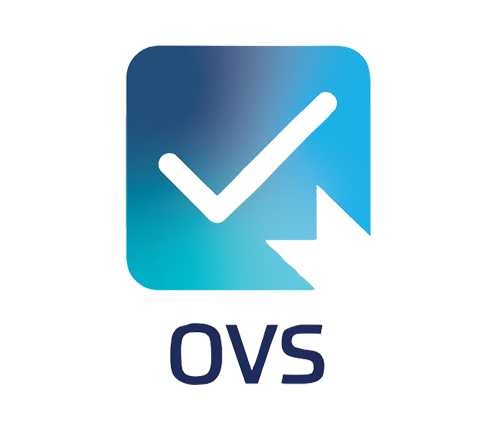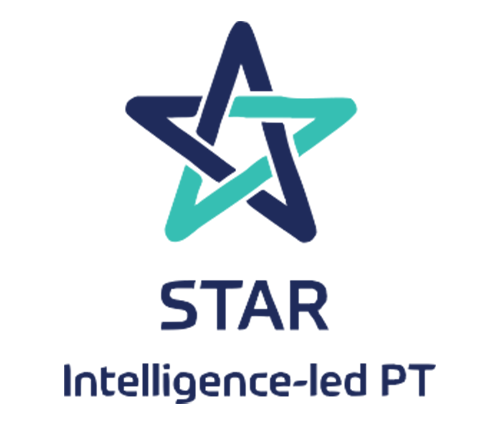What’s involved?
Cybersecurity requires constant vigilance and a proactive approach. One valuable tool that can help organisations stay ahead is gap analysis.
A gap analysis is a methodical review of an organisation ‘s security posture in comparison to a desired set of standards. This process identifies dents in the armour, assesses the risk and prioritises gaps for fixing. Conducting a security gap analysis is essential in ensuring an organization’s cybersecurity policies and procedures are adequate
We can perform gap analyses against several frameworks and standards, including:
- NCSC Top 10
- NIST CSF
- NIST 800-53
- ISO/IEC 27001
- UK NIS Directive
- GDPR (UK)
- CIS Critical Security Controls (CIS Top 18)
- SOC2
- Cloud Security Alliance Cloud Controls Matrix
Problems it solves
- As a result of our gap analysis services, you get a clear view of any required improvement prior to engaging third-party certification bodies.
- Proactively identifies gaps in an organisation’s information security posture.
- Allows organisations to plot a structured roadmap to compliance.
- Facilitates rational and efficient implementation of controls to reduce an organisation’s exposure to information security risks.
- Allows organisations to plot a structured roadmap to compliance.
- Evidence of implementation of controls to ensure the client can demonstrate control effectiveness.
How does it work?
If you do not have a specific framework or standard in mind, we will work with you to determine the scope and standard that is appropriate.
We will then review your organisation’s information security posture. This review will be undertaken against the organisation’s people, processes, and technology.
During the assessment, our consultants will review relevant policies, processes, and other documentation that is pertinent to the organisation’s information security program.
We will interview key stakeholders with specific information security roles and responsibilities. Some security controls are also likely to be sampled during the process.
Why choose us?
- Our consultants are highly qualified and have a wealth of experience in several industries and sectors.
- Our consultants are well-versed in technical arenas, GRC, and communicating with senior/executive management, and can present information in a format that is relevant to all stakeholders.
- Reviews can be delivered as a standard PTP report or through completing third-party assurance documentation if required.
- We take an agile approach and can accommodate new and evolving standards within reason.
- We offer several other services that complement the gap analysis offering and can provide ongoing support to help clients improve the security posture.
Improve & Protect

Free Pen Test Partners Socks!!!
Pen Test Partners socks are THE hot security accessory this season, if you're a security professional get yours now!


